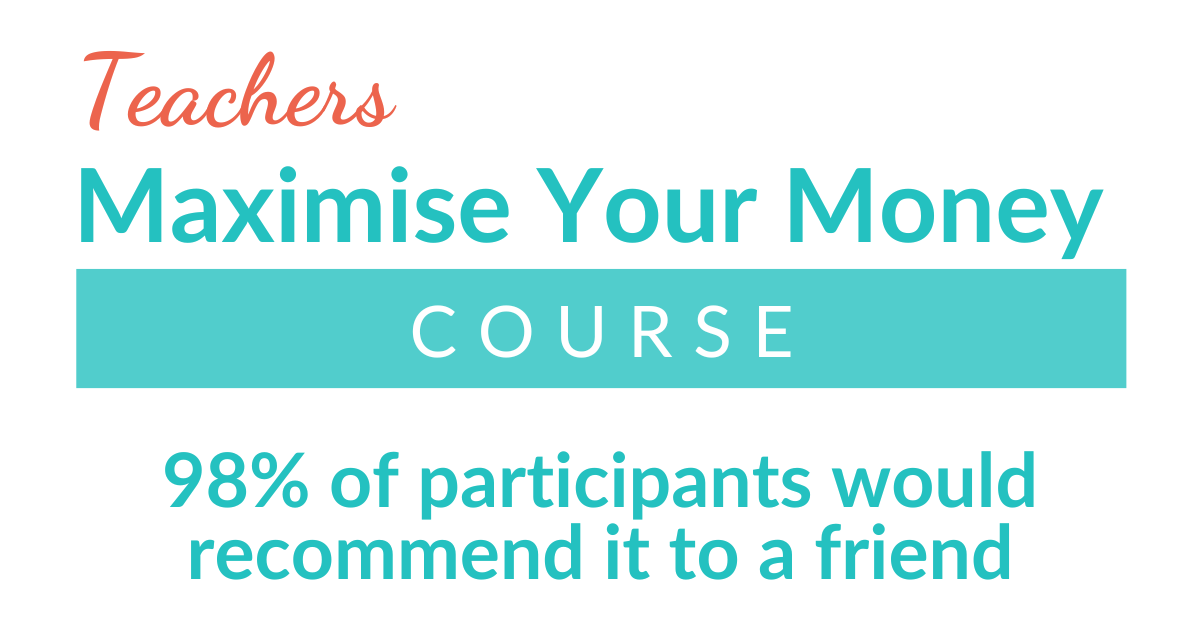Claim your freebie!
Change Your Money Story
- Be excited for the future
- Feel empowered; in control
- See what’s holding you back & create new habits
- Have more money for fun
Take a course!
- understand your money blocks and why they make life difficult
- break old habits and build new ones to help you to feel in control
- change the way you speak about money and begin to feel great about it
Kick the habit. It’s a phrase that we might commonly associate with addiction isn’t it? An alcoholic or a smoker would be encouraged by some to just “kick the habit”, as if it is as simple as kicking a ball.
Unfortunately, it is not quite this simple, as habits, especially financial habits, are often so ingrained that we really don’t think about them and simply repeat them time and time again. In terms of finances there are often behaviours that have become habitual over the years that impact poorly on our finances.

DO YOU HAVE ANY FINANCIAL HABITS THAT YOU NEED TO KICK INTO TOUCH?
1 Emotional shopping
Often people turn to shopping when they are tired, angry, unhappy, or simply bored. This type of shopping can have a detrimental impact on finances, as often purchases are not planned – they are simply made in an attempt to “fix” the problem.
Have you ever been shopping when you are feeling sad? It’s so easy to think that a new pair of shoes or a cake is the thing that will make you feel better.
It may, momentarily, help you to feel less sad, but in the long run it is likely to have a poor impact on your finances and your emotions. You spend money that you didn’t plan to, on items that you didn’t need, which often results in feeling guilty and therefore actually makes you feel worse than you did before.
How many times have you got home with that new item, taken it out of the bag and discovered that it wasn’t quite as fabulous as you originally thought?
BETTER FINANCIAL HABITS
Start to think about your mood in relation to shopping – when do you make purchases that you regret? What kind of mood are you in prior to that purchase? What could you do differently? How could you react in the future to the same situation?
Keeping a diary of your spending is a fantastic way of getting to know when you spend, why you spend and the impact that it has on you.
2 Plastic Fantastic
With the introduction of contactless payments, it has become even easier to make purchases using cards. It doesn’t even feel like money, simply flash the card, get the goodies in your hand and off you go. Yes, it’s easy, it’s convenient and it’s here to stay.
But, how does it affect your spending?
Research by the UK Cards Association has shown that 75% of all retail spending in the UK is on cards and that consumers spend over £19,000 every second on their cards! That is a huge amount of cash! Or not cash!
Drazen Prelec and Duncan Simester’s report “Always Leave Home Without It” (2001) showed that people using credit cards were likely to spend twice as much per transaction than those who paid with cash.
Think about how much you have spent on your cards in the past 30 days, then half it! Could that money be spent more wisely?
 BETTER FINANCIAL HABITS
BETTER FINANCIAL HABITS
Take an allocated amount of cash out each week and leave the cards at home. Why not try it for a week?
Make a note of anything that you would have bought if you had your card and then look at the list at the end of the week – is there anything on the list that is vital? Is there anything that really would have been a waste of money?
3 Figure it out
Some people love figures, some detest them and some ignore them! It takes all sorts, but, when thinking about finance, it is really important to have a grasp of the figures.

Who has gone to the cashpoint and crossed their fingers, hoping that the machine pays out? What about popping in your pin number, hoping that there is enough to pay the grocery shopping?
Many people go through this on a regular basis and the stress of this cannot be underestimated.
BETTER FINANCIAL HABITS
Make the change today. Get a bank statement, grab a piece of paper, a spreadsheet or an online budget calculator and make a note of your income and your expenditure for the previous 3 months. That way you will know what is coming in and what is going out for an average month. From that work out a daily/weekly/monthly spending plan, allocating a certain amount to each area of spending.
By sticking to this, you have much more chance of being confident that there is enough money to pay for everything.
Set aside a weekly/monthly time to review your spending plan and keep an eye on those, all important, figures.

4 Keeping up with the Joneses
Our society today is very consumer driven – we are constantly bombarded with adverts for the latest gadgets and must-have items. It is really easy to be dragged into a cycle of keeping up with neighbours and friends.
This can have a huge impact on everyone’s finances – there is every chance that the neighbours you are trying to keep up with are living beyond their means too.
BETTER FINANCIAL HABITS
Make sure that all your purchases are in line with YOUR values, rather than making purchases to “keep up” with anyone.
Taking 10 minutes to do this Values Quiz can help you to find out what is most important to you.
Reminding yourself of your core values and ensuring that all purchases are in line with these values, can help you to lead a happier and more secure financial life.
5 Fabulous friends

I am sure many of us have that friend who makes us spend more than we really want to.
“You look amazing in that dress - you just HAVE to buy it”
“Oh come on, have a cake – I don’t want to be the only one stuffing my face!”
“You deserve a wee night out. Let’s go for an Early Bird special – it won’t be expensive”
We want to make our friends happy, so often we give in despite the fact that we know we should not be spending this money.
BETTER FINANCIAL HABITS
Identifying these friends is the first step in making the change.
Think about all your friends – who is most likely to encourage you to spend more money than you really want to? If this is really having a negative impact on your finances, then you perhaps need to consider really changing your habits – don’t go shopping together, see this friend less often, plan to do free things together.
If it is not a major issue, then even just thinking about the situations that do occur with this friend and thinking about how you could deal with it differently in the future will give you a head start and allow you to spend within your limits more easily.
What now?
Habits are often so ingrained that it can be difficult to change them, however being able to identify a poor habit and thinking of ways that you could change that to being a more positive one is a great start.
If any of the above rings true for you, then choose one of the toxic financial habits and really concentrate on changing it for the next few months. Once you have cracked that you can then look to change another one.
If you would like to delve deeper into the impact that habits and attitudes can have on your finances, please have a look at my freebies page and get started today.
Eileen x
I am Eileen Adamson, a Your Money Sorted coach, working online with UK based women, helping them to develop a better relationship with money. By gaining an understanding of how their personality affects the decisions they make, I can help them to implement changes which will allow them to feel calm, positive and confident that they are in control and making good financial decisions. I can then support them to put into place simple strategies that will allow them to manage their finances effectively on a









